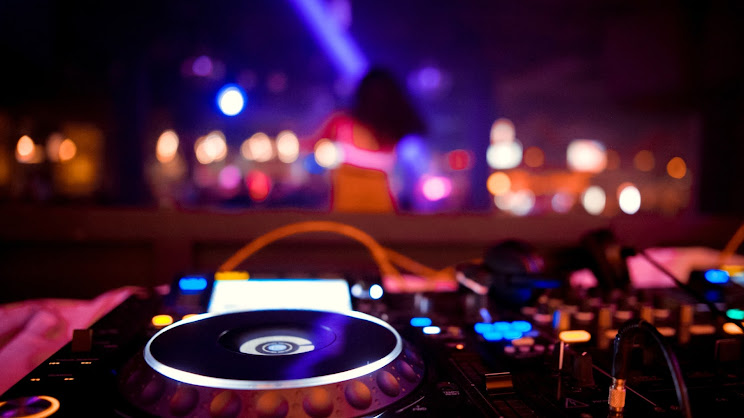Introduction
Welcome to the exhilarating world of DJing! As a beginner, you're about to embark on a thrilling journey into the art of mixing music. DJing is not just about playing songs; it's about seamlessly blending tracks to create a sonic journey. In this guide, we'll explore the essential DJ mixing techniques that will kickstart your DJ career.
The Art of Mixing
Understanding BPM
To master DJ mixing, you must first grasp the concept of BPM (Beats Per Minute). It's the heartbeat of your music, dictating the tempo. Learn how to identify and match BPM values for smooth transitions.
Beatmatching Basics
Beatmatching is the foundation of DJing. Train your ears to align the beats of two songs perfectly. This skill ensures your mixes flow naturally without jarring interruptions.
Equipment and Setup
Choosing the Right DJ Gear
Selecting the appropriate DJ gear is vital. Whether you opt for a traditional vinyl setup or a digital controller, your choice should align with your music style and budget.
Setting Up Your Equipment
Once you have your gear, proper setup is crucial. Calibrate your turntables or configure your software to ensure optimal performance.
Basic Mixing Techniques
Crossfading
Crossfading is your primary tool for transitioning between tracks. Master the crossfader to smoothly blend one song into the next, maintaining the energy on the dancefloor.
Phrasing and Timing
Understanding song structure and phrasing helps you predict when to introduce the next track. Perfect timing ensures your mixes sound seamless.
EQ Control
Learn to wield the equalizer (EQ) to fine-tune your mix. Adjust the highs, mids, and lows to create balanced and harmonious transitions.
Transition Techniques
Using Effects
Explore the creative possibilities of effects like reverb, delay, and filters. They add depth and uniqueness to your mixes, making them stand out.
The Art of Dropping
The "drop" is a climactic moment in many tracks. Master the art of building anticipation and delivering the drop with precision for maximum impact.
Practice and Progress
Building Your Music Library
Your music library is your arsenal. Curate a diverse collection of tracks across genres to cater to different audiences and moods.
Recording Your Mixes
Recording your practice sessions is essential. It helps you analyze your progress, identify areas for improvement, and create a portfolio for potential gigs.
Conclusion
As you delve into these essential DJ mixing techniques, remember that DJing is an art form that requires dedication and practice. Embrace the creative process, experiment with your unique style, and most importantly, have fun on your DJing journey!
FAQs
1. How long does it take to become proficient in DJ mixing?
The time it takes to become proficient varies from person to person. With consistent practice, you can develop basic skills in a few months, but mastering the art may take years.
2. Can I start DJing with a limited budget?
Absolutely! There are budget-friendly DJ controllers and software options available for beginners. You can gradually invest in more advanced equipment as you progress.
3. What music genres are best for beginners to practice mixing?
Start with genres you're passionate about. House and techno are often recommended for beginners due to their steady beats, but don't hesitate to explore your musical interests.
4. Are there online resources to help me learn DJ mixing?
Yes, there are plenty of online tutorials, courses, and forums where you can learn DJ mixing techniques. They offer valuable insights and guidance for aspiring DJs.
5. Should I focus on digital or vinyl mixing as a beginner DJ?
The choice between digital and vinyl depends on your preference. Digital offers more accessibility, while vinyl provides a tactile and classic experience. Experiment with both to see which suits you best.



